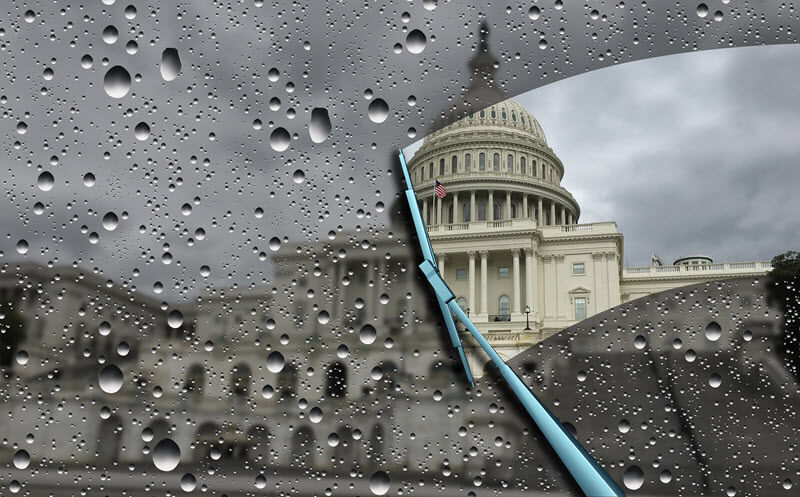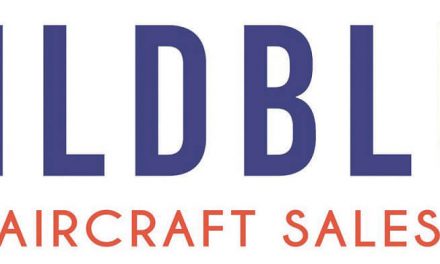Descriptions of the story that hit Tuesday evening April 23 were bereft with terms like “11th hour” and “backdoor” and “Trojan horse” and “backroom politics.” It was likely all of the above.
After House Transportation Committee Chairman Bill Shuster tried (again) to insert a clause into a bill that would have essentially privatized the U.S. air traffic control system by putting it under the jurisdiction of an airline-dominated board of directors, organizations including AOPA and EAA called on their members to get active, again.
The result was what most general aviation enthusiasts believe was a victory.
From AOPA: Shuster Backs Down on Last-Minute ATC Kerfuffle
By Thomas B. Haines
AOPA Editor in Chief
Less than 24 hours after proposing an amendment that had shades of his previous effort to “privatize” air traffic control, Rep. Bill Shuster (R-Pa.) backed down on his plans thanks to an immediate outpouring of opposition by general aviation pilots. In response to calls by AOPA and other general aviation associations for action, pilots flooded the switchboard at the U.S. House of Representatives, telling their members of Congress to oppose Section 5 of Shuster’s “manager’s amendment” to H.R. 4, the bill to provide long-term funding to the FAA.
Shuster introduced the amendment late on April 23, just hours ahead of the planned vote on H.R. 4. The amendment included a plan to move management of the air traffic organization from the FAA to its parent entity, the U.S. Department of Transportation, which has no expertise in running such an operation. The amendment also called for the establishment of a 13-seat “advisory” board, the composition of which looked remarkedly like the one from Shuster’s bill for the so-called “privatization” of ATC. The chairman pulled that bill in February after two years of debate when he could not get enough votes to advance it in the House.




